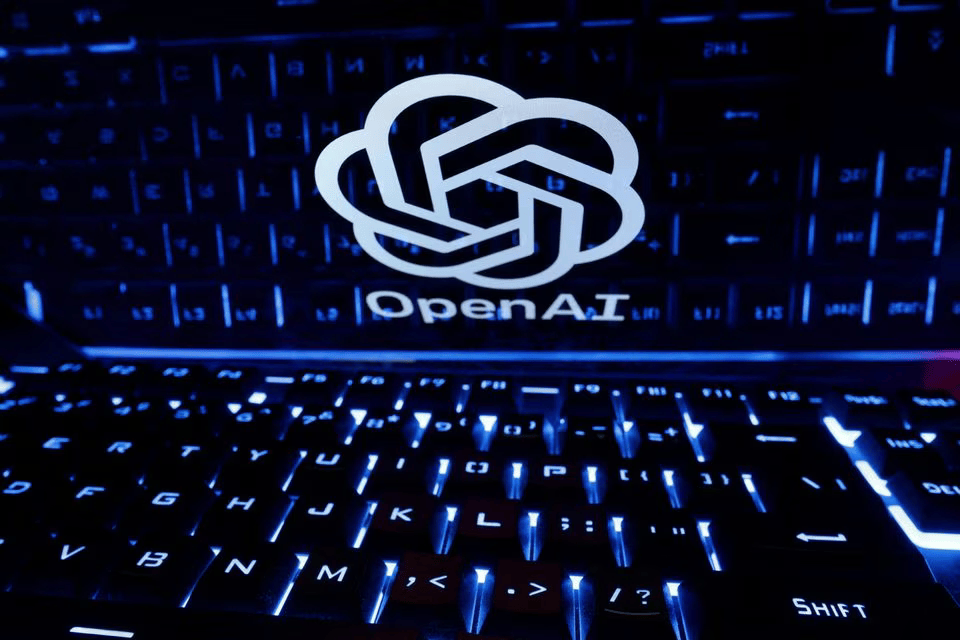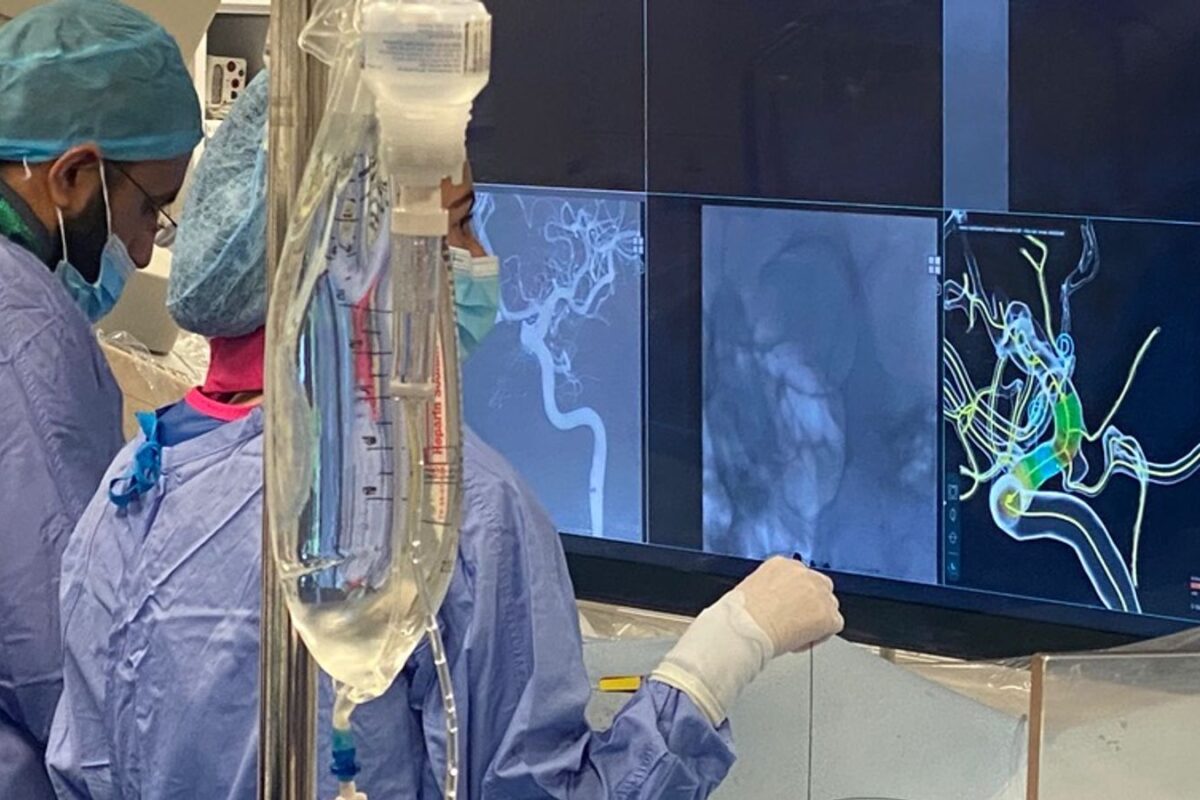
OpenAI Set to Launch Game-Changing Updates to Attract Developers and Lower Costs
OpenAI, renowned for its creation of ChatGPT and its pioneering role in artificial intelligence, is preparing to introduce major updates aimed at enticing developers and reducing the costs associated with building software applications based on its AI models. These updates, set to be unveiled at OpenAI’s inaugural developer conference in San Francisco on November 6, include memory storage additions to developer tools, vision capabilities for image analysis, and a stateful API (Application Program Interface).
The most striking feature of these updates is the incorporation of memory storage into developer tools. This enhancement is anticipated to significantly decrease the costs for application developers, possibly by a factor of up to 20 times. OpenAI’s goal is to make its powerful AI models more accessible and cost-effective for partners, especially those seeking to create AI software as the core of their businesses.
The stateful API, one of the key updates, is designed to improve the efficiency and affordability of application development. It will enable the retention of conversation history, offering a potential cost-saving solution by reducing usage fees for developers. Presently, the pricing of using GPT-4 for processing a single-page document is around 10 cents, but the stateful API can substantially cut these costs.
Another game-changing update is the introduction of the vision API, which empowers developers to create software with the capability to analyze images. This technology opens the door to multi-modal capabilities, allowing OpenAI to process and generate various forms of media, including text, images, audio, and video.
These updates are part of OpenAI’s broader strategy to attract developers, prompting them to pay for access to its AI models and fostering the creation of a wide range of AI software, from writing assistants to customer service chatbots.
OpenAI’s ambitious growth plans have been previously reported, including expectations of generating $200 million in revenue this year and $1 billion by 2024. However, the company has also encountered challenges in engaging external developers to build businesses using its technology. Winning over other companies and developers remains a strategic priority for OpenAI, as CEO Sam Altman has expressed a desire to build a new ecosystem based on OpenAI’s models.
Investors have poured over $20 billion into AI startups this year, many of which rely on foundational model companies like OpenAI for their technology. However, concerns persist about the dependence of these startups on a small number of major players, making them vulnerable to replication by rivals or larger companies with their own product updates.
OpenAI is keen on keeping developers content, as their satisfaction is essential to the company’s expansion and the realization of its vision as a powerful AI developer platform. Earlier this year, the introduction of ChatGPT plugins was an attempt to draw developers into creating applications within ChatGPT, much like Apple’s iOS App Store. While there was initial excitement surrounding the plugins, their sustained popularity waned, prompting OpenAI to acknowledge that more work is needed to achieve its goals. Altman openly acknowledged the plugin challenges in a meeting with developers in London, indicating the company’s commitment to ongoing improvement in its developer-centric approach.



